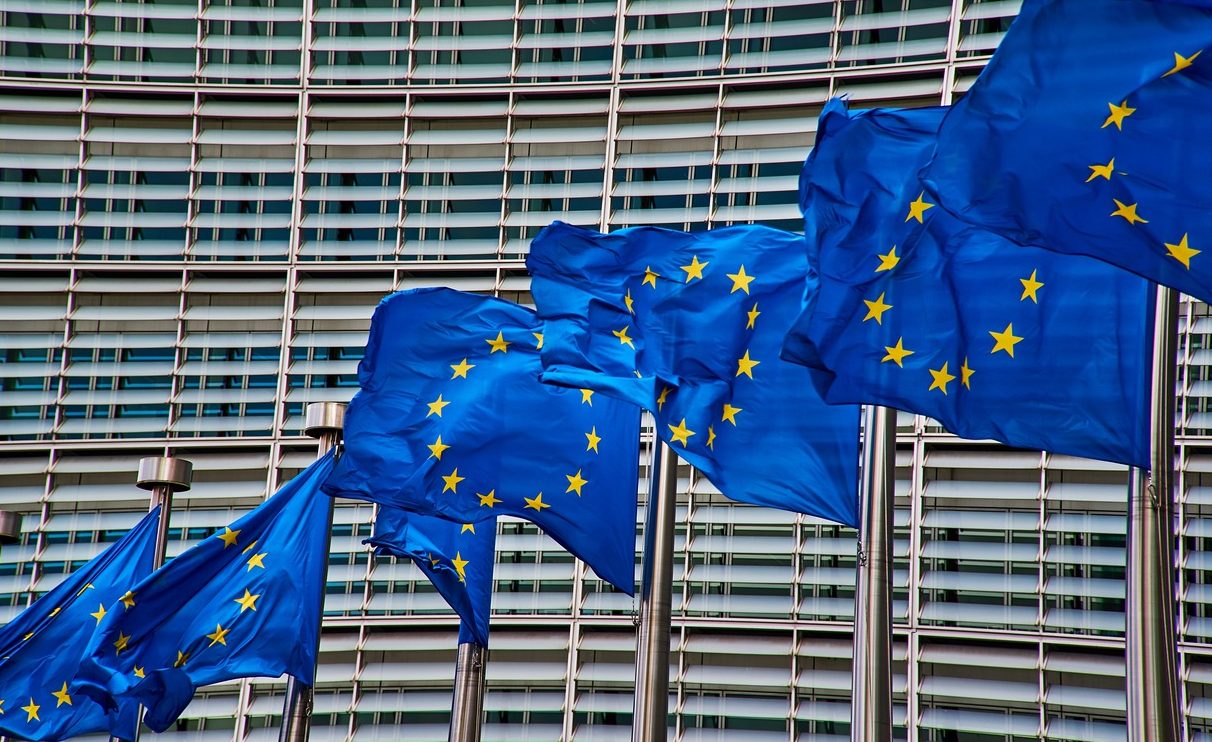
Experts in European integration discussed issues related to the Maastricht Treaty at an international conference.Continue reading

Sociologist, political scientist, and historian Tomasz Grosse, covered several key themes surrounding the EU, Polish-Hungarian relations, and the upcoming U.S. presidential election in Magyar Nemzet‘s interview.
Mr. Grosse provided an insightful analysis on the evolving dynamics within the EU, particularly emphasizing the lack of democracy in its transformation into a state-like organization. Reflecting on Hungary and Poland’s 20-year membership in the EU, he highlighted a disparity between initial expectations and reality. While economic development has occurred, concerns linger regarding risks associated with the euro area.
Moreover, there is a sense of disillusionment regarding freedom, with Brussels being perceived as restrictive rather than liberating.
The Mathias Corvinus Collegium’s guest researcher observed a significant shift in the balance of power between EU institutions and Member States over the past two decades. He noted a trend of increasing centralization of power at the European level, eroding national sovereignty and democratic decision-making. This trend disproportionately affects smaller countries like Poland and Hungary, diminishing their influence within the EU.

Tomasz Grosse. Photo: Facebook / Prof. Tomasz Grzegorz Grosse
Regarding the EU’s political and economic dimensions, Mr. Grosse argued that the political dimension has become more dominant, leading to concerns about the lack of democracy in the EU’s decision-making processes.
He advocated for decentralization and subsidiarity to empower national democracies and ensure a more democratic and flexible EU.
Highlighting the importance of Polish-Hungarian cooperation, Tomasz Grosse emphasized the need for unity within Central Europe to counterbalance larger EU members and strengthen the region’s influence internationally. He underscored the significance of representing Central European interests within EU institutions, particularly during Hungary’s upcoming EU Presidency.
Looking ahead to the U.S. presidential election, Mr. Grosse predicted that the outcome would significantly impact U.S.-Polish relations. He noted a divergence in foreign policy preferences between left-wing and right-wing parties in Poland, suggesting that
a Republican victory could bolster ties between Poland and the U.S., particularly under the leadership of President Andrzej Duda.
Overall, his insights shed light on the complex dynamics shaping the EU, Polish-Hungarian relations, and the broader geopolitical landscape, highlighting the importance of democracy, sovereignty, and regional cooperation in navigating contemporary challenges.
Via Magyar Nemzet; Featured Image: Pixabay